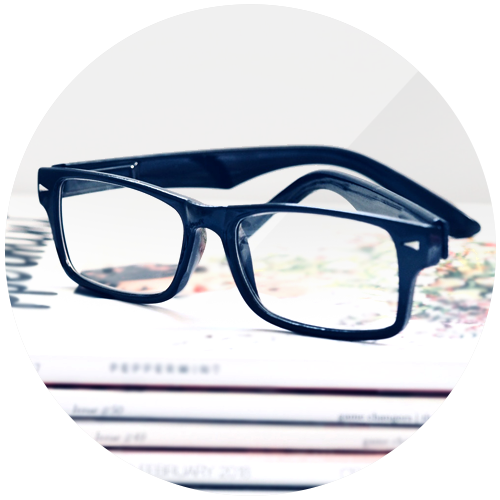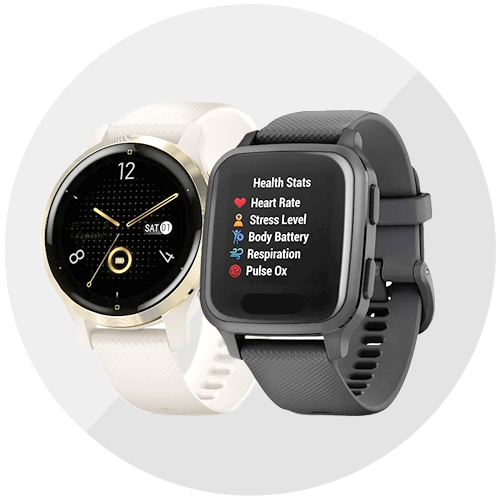
“Try this—it works! I saw it on YouTube!”
With an abundance of content at our fingertips, it’s easy to stumble upon videos claiming to have the ultimate solution for various health issues. Whether it’s a home remedy for a common cold or a purported miracle cure—ever heard of the “Miracle Mineral Solution” that can apparently cure 95% of the world’s known diseases?—these videos prey on sick, vulnerable, or desperate people and give false hope with unproven cures or treatments.
As medical information—and misinformation—continuously evolves and spreads rapidly on YouTube, the Google-owned video-sharing platform said that it will begin streamlining dozens of its existing medical misinformation guidelines to fall under the categories of Prevention, Treatment, and Denial.
Prevention removes information that contradicts the prevention and transmission of health conditions. This includes but not limited to misinformation content around harmful substances and practices as prevention methods, such as Miracle Mineral Solution or guaranteed ways to prevent COVID-19); false claims on vaccines, such as the MMR vaccine causing autism; and transmission, such as content that links COVID-19 to 5G radiation.

Meanwhilke, Treatment deletes content that contradicts the treatment of health conditions. An example would be content that promotes the use of methods such as caesium chloride (cesium salts), hoxsey therapy, and coffee enema for the treatment of cancer, outside of clinical trials.
Lastly, Denial erases content that disputes the existence of a health condition. For instance, any content that denies the existence of COVID-19 or says that people have not died from COVID-19 will be removed from YouTube.
When it comes to diseases, cancer is a fitting example for YouTube’s action, since those diagnosed with it, along with their loved ones, often search the internet and YouTube about the illness, treatment, and support groups.
YouTube’s medical guidelines are there to prevent them from being misinformed about cancer with myths such as breast cancer only happening to women or the alleged benefits of herbal and dietary supplements over chemotherapy.
Apart from the guidelines, YouTube plans to make playlists of cancer-related videos, partnering with the Mayo Clinic for informational content. Even though there are some exceptions to the guidelines like public interest videos, YouTube ensures its audience that these will be monitored and age-gated if necessary.
























